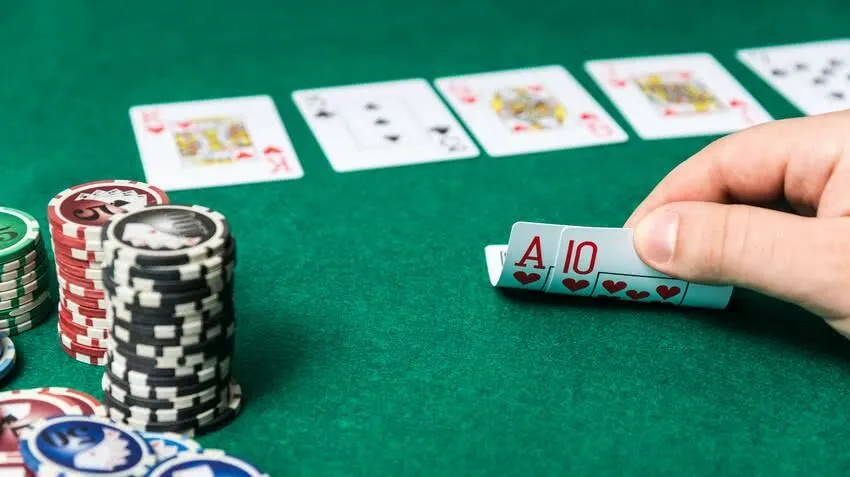Poker is a game with lots of slang. Some are advanced, known only by the most immersed professionals. Others should be picked up and used by all players, including the term we are talking about today.
When you hear a player mention a “spot” in poker, they are talking about a situation. There are tons of different spots, some common, and some more rare to see.
In every spot poker strategy changes. We want this article to explain an important term, plus several common spots you are sure to encounter.

Every Spot Poker Beginners Should Know
- Blind stealing: When in late positions, always remember this option and try to use it. Blinds can make up a decent amount of profit, especially if you are stealing often enough.
- Light 3-bet preflop: If you only 3-bet strong hands, your opponents will quickly adapt, so add marginal starters to your range. Read more about 3-betting in a separate article and you’ll become a more balanced player.
- Bluff or semi-bluff check-raise on the flop: Sometimes, you can't call, but you can defend against an opponent's bluff or semi-bluff continuation bet with a raise. Only use this technique with draws or other promising hands to have a chance to win at showdown. Without equity, it becomes more likely your opponent has made hands.
- Barreling: Some bettors no longer trust continuation bets these days, but they are more willing to call the second barrel on the turn. Carefully choose which cards the bet will be appropriate for and evaluate whose range the card favors.
- A bluff or semi-bluff continuation bet on the flop: Choose the right boards for it and remember fold equity – the probability of your opponent folding to your bet.

In short, any situation at the poker table that can happen again is a “spot”. The term is interchangeable with “situation.”
Examples of using the term spot in poker:
- "I know exactly how to play profitably in that spot.”
- “That turn bet put me in a really tough spot.”
- “I didn’t think he had many bluffs in that spot.”
If you play online, especially for a few months or years, you’ll see spots happen again and again. Sure, the bet sizes and other details might be slightly different, but the general concept wont. Light continuation bets and stealing blinds will always be relevant spots in the game.
Other Poker Terms Poker Players Need to Know
To improve your gaming skills, you need to understand some terms. Without this, it will not be possible to fully perceive information and learn from it. We have collected frequently used words in a separate article. It will help you avoid any confusion with definitions.
On the terms page, you’ll be able to learn about common terms like burn cards, limping, top-top, and many others. If you’ve got one that isn’t on the list, send us a message to let us know what it is!
Once you have mastered the vocabulary, move on to more serious training so that your rise through the stakes goes smoothly and quickly.
On GipsyTeam, you will find many other interesting articles about how to learn to play poker and the best place to play poker for money.
We’ll show you what tilt or slow-playing is, but also technical aspects like solvers and calculators. It’s all there, ready for you to use the next time you play, whether live or online.
- Increased first deposit bonus
- Increased rakeback and reloads
- Help with deposits and cashouts
- Access to private freerolls
- Round-the-clock support
How to Learn to Play in Different Spots
Which stakes do you play at? As long as your bankroll is sized properly, you can play and learn different spots. Beginners often underestimate just how much poker funds they need to comfortably play and weather any storms. Even professionals go through downswings amidst hot streaks, and bankroll management can protect you well.
If you’d prefer to test yourself in spots for free, there are tournaments built for this purpose. Every day on GipsyTeam, we post full schedules for freeroll tournaments with real money prizes. Investing some of your time in studying spots could pay off.
There are lots of events to choose from, across almost every major poker room. We have sign-up guides with reviews for each one, so if you want to stay after the free games, we’ll tell you what to expect.
Good luck at the tables.




























